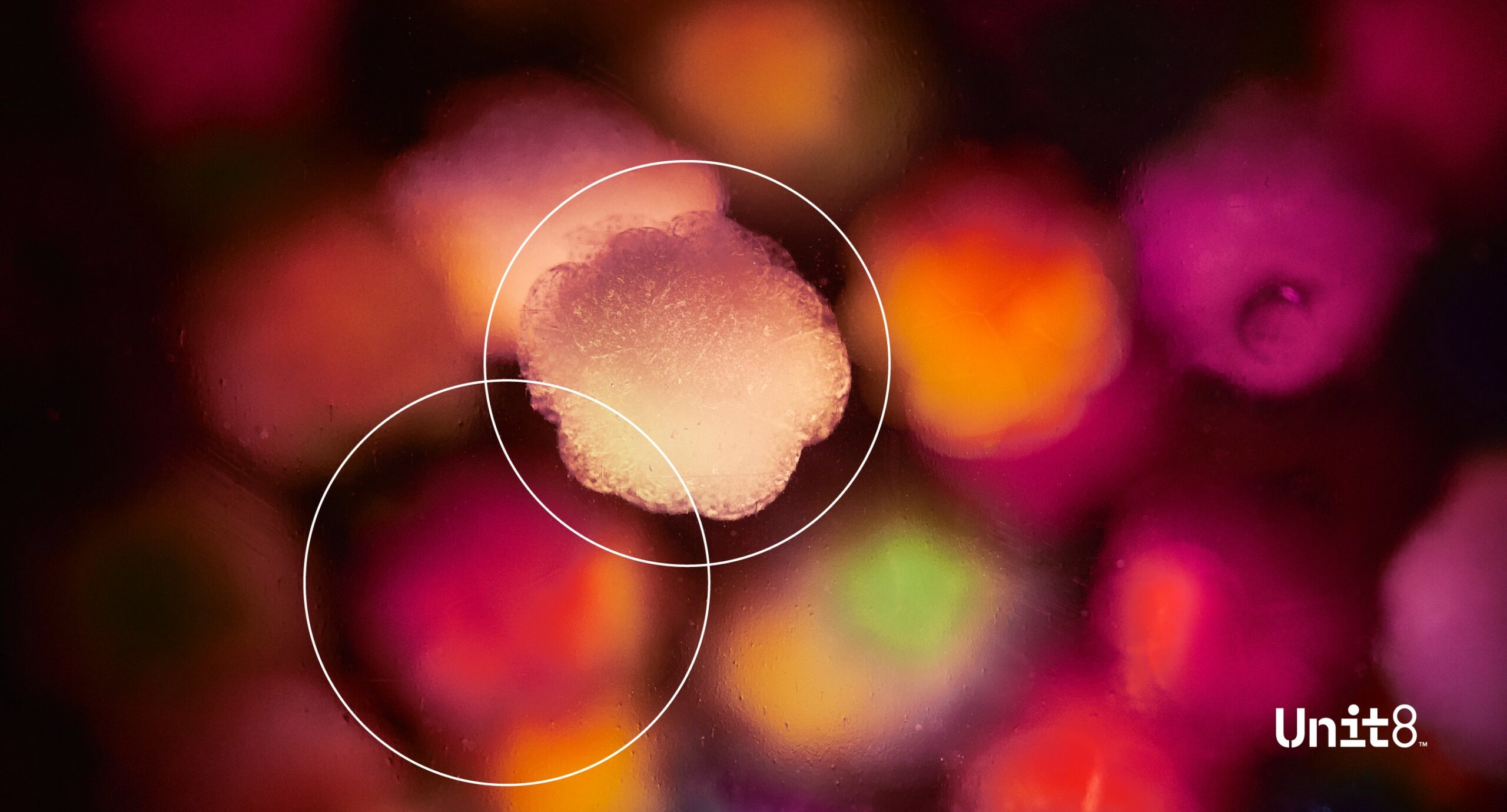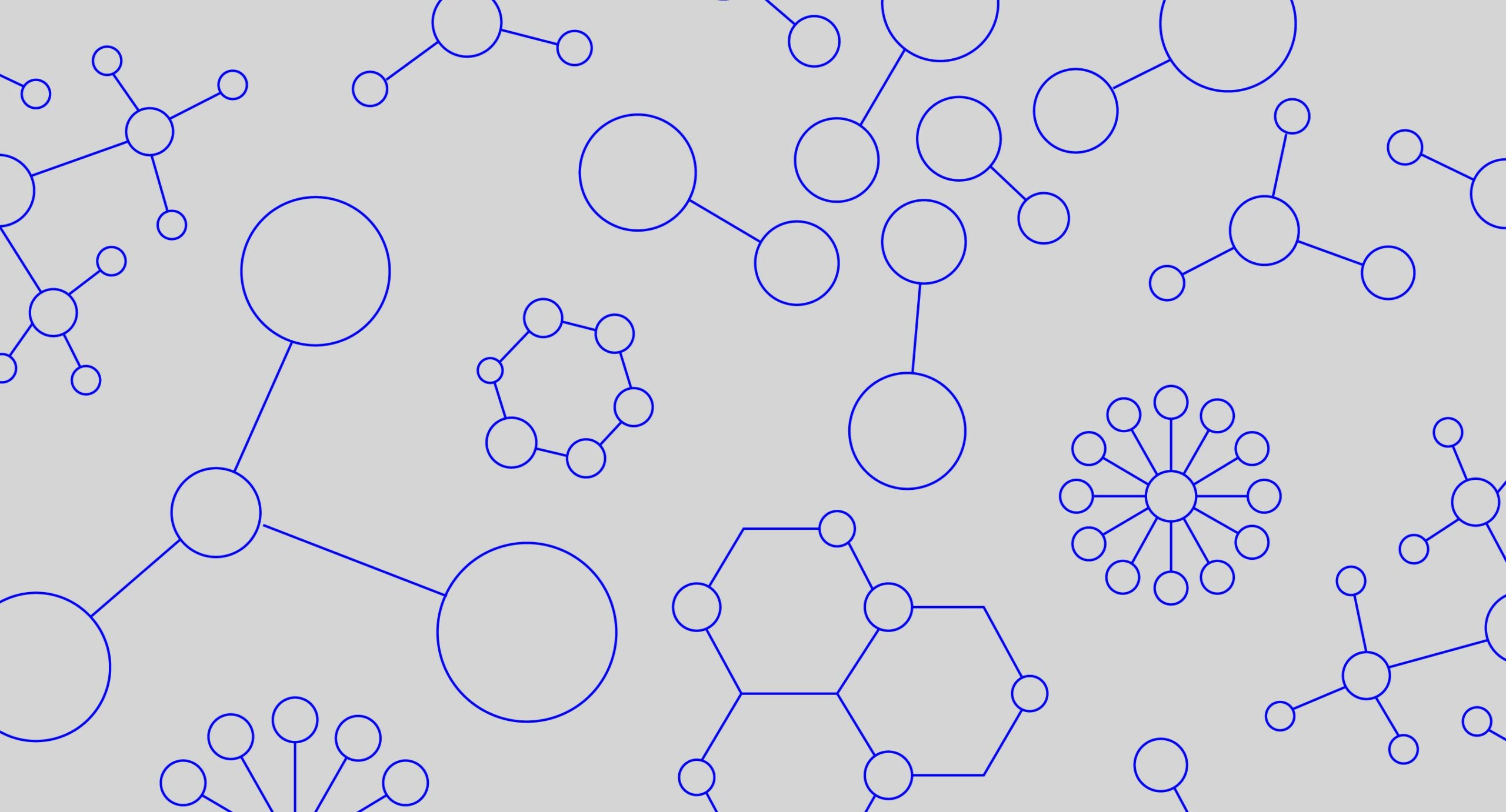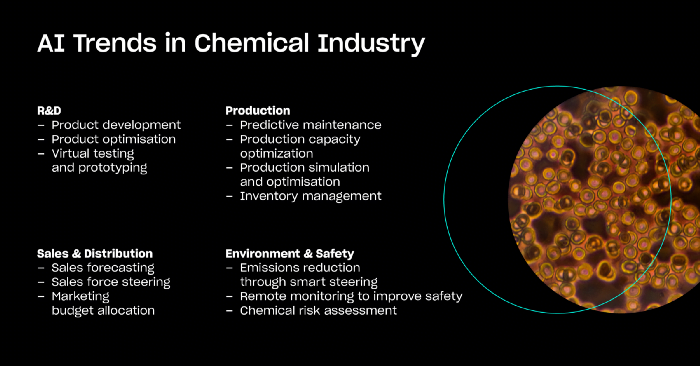
- Jul 9, 2021
- 5 min read
- Julien Herzen
Advanced analytics and artificial intelligence (AI) are becoming increasingly important for the chemical industries. In the past, chemical companies were often relying on analytics tools that now appear fairly basic for making critical decisions within research and development (R&D), manufacturing, creation, supply chain and sales. Today, the ability of a chemical company to use advanced analytics & AI to inform those key decisions is becoming a competitive advantage vs. industry peers. AI use cases within the chemical industry are manifold. They range from predictive maintenance of manufacturing equipment to sales forecasting and marketing budget allocation to the smart steering of plants to reduce emissions. At the very beginning of the chemical value creation, during the discovery and formulation of new chemical compounds, AI technologies can help cut costs, discover superior chemical properties, accelerate time-to-market and improve product-market fits.
Machine Learning Algorithms Can Find the Needle in the Haystack of Available Molecules
Chemistry has many applications, from finding new drugs and vaccines, to finding better food flavours, more pleasant fragrances, or higher-quality materials. At its core, the field is commonly concerned with finding appropriate molecules, and often finding the best ways to assemble the resulting compounds into chemical formulas. Coming up with good compounds and formulas is a daunting task, because the number of combinations are nearly infinite. For example, it is estimated that there are about 10⁶⁰ drug-like molecules, whereas only about 10¹⁰ of these molecules are known (commercially or virtually); this means that so far we have explored about a quindecillion-th of a percent of possible molecules — a number ridiculously low (imagine 1 divided by 10⁵⁰). This is where AI and machine learning algorithms come into play: They excel in finding patterns in such haystacks. In the example of drug design, algorithms can help screening in advance the most promising drugs in instants, instead of relying on expensive and long trials. Even better: they can suggest brand new drugs that do not exist yet, but which are likely to be effective against certain diseases, while still being edible, soluble, etc. For these tasks, deep learning approaches based on recurrent neural networks, graph neural networks and transformer architectures are especially promising. For instance, such machine learning techniques are currently used for finding treatments and vaccines for COVID-19, via virtual screening or de-novo molecular generation, which are already showing promising results [1].

Machine Learning Can Be Used for Improving Formulation Chemistry
For many applications, it is important to find the best possible ways to mix different chemical compounds (or ingredients) into chemical formulations. This sort of challenges occur whenever several different chemicals have to be used; for instance in food and flavour recipes, cosmetics, fragrances, detergents, paints, metal alloys, drugs (beyond the active substance), fertilisers, inks, and others. Here too, the possibilities are often nearly infinite because there are often several thousands of candidate ingredients, which could be used at arbitrary dosages. For instance, a laundry fragrance can contain anywhere from a handful to a few hundreds ingredients, including some pure chemicals and some natural ingredients containing different molecules. It is usually not practical and too costly to test a significant fraction of all the possible combinations in the lab. So here too, as in the case of molecules design, a host of machine learning models and techniques can be used to improve chemical formulations. For example, models can be trained to predict the properties of recipes in the making (predicting, for instance, how tasty a new food recipe might be), to optimize existing recipes (“make this chocolate cake recipe taste better and slightly cheaper”), or to generate brand new recipes (“surprise me with a new chocolate cake recipe”). As an example of such techniques put to good use, some companies are starting to be able to produce new flavour recipes algorithmically using AI/ML [2].

At Unit8, we’ve helped leading chemical companies improve their discovery capabilities with the help of AI/ML, using the aforementioned augmented formulation approaches and similar techniques. In addition, beyond the purely chemical applications, we have also been able to provide substantial gains across the production chain: For instance, we supported a major chemical company in improving factory throughput by nearly 10% using predictive maintenance and we accelerated the tablet production process for a large pharmaceutical, generating substantial annualised savings in the process. We also designed and implemented AI-driven forecasting models that helped a chemical producer predict and manage its raw material stock more effectively.
If you are interested in knowing more about how AI can be used in chemistry, we invite you to checkout our webinar on this topic: